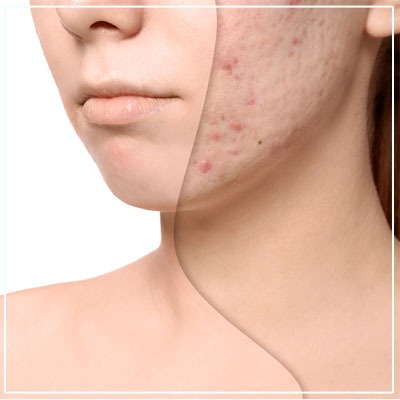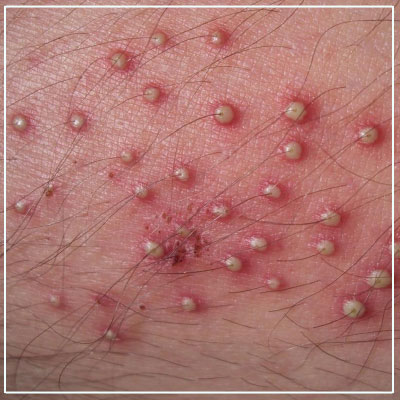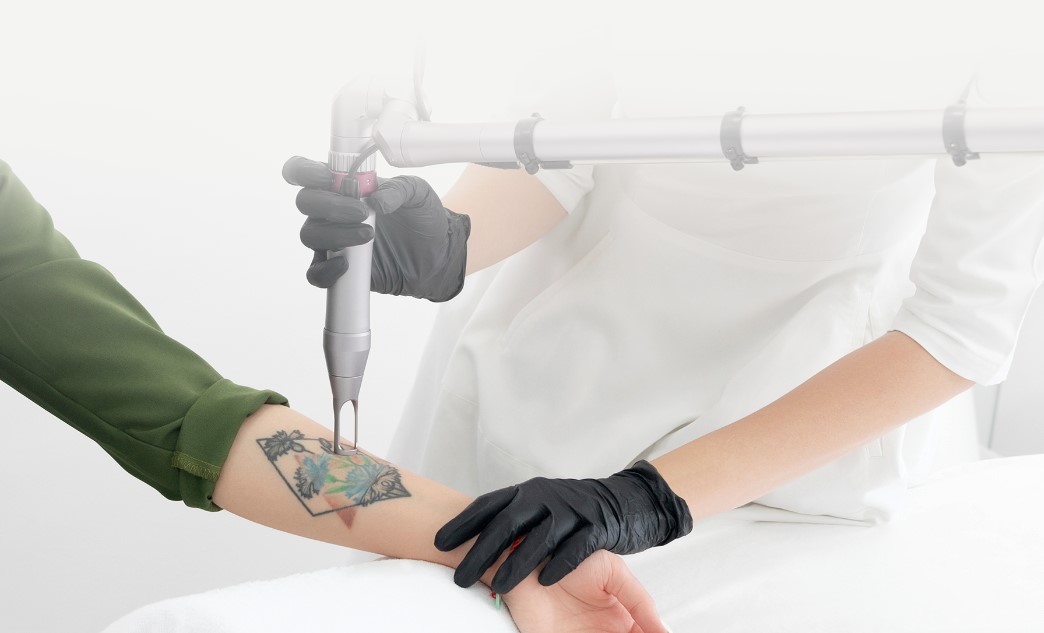In some cases, acne can be a sign of an underlying health issue. While acne is commonly associated with factors such as hormonal changes during adolescence, it can also be influenced by various internal factors. Here are some instances where acne may be linked to underlying health concerns:
- Hormonal Imbalances: Fluctuations in hormone levels, such as those occurring during puberty, menstrual cycles, pregnancy, or menopause, can contribute to acne. Conditions like polycystic ovary syndrome (PCOS) may also lead to hormonal imbalances and acne.
- Endocrine Disorders: Disorders affecting the endocrine system, such as adrenal or thyroid disorders, can impact hormone levels and potentially contribute to acne development.
- Medications: Some medications, including certain steroids, lithium, and anticonvulsants, may have acne as a side effect. It’s important to consult with a healthcare professional if acne coincides with the use of new medications.
- Dietary Factors: While the relationship between diet and acne is complex and varies among individuals, some people may experience acne flare-ups in response to certain foods. For example, high-glycemic-index foods or dairy products may affect some individuals.
- Stress: Chronic stress can lead to hormonal changes that may exacerbate acne or contribute to its development. While stress alone may not cause acne, it can influence its severity.
- Digestive Issues: Some individuals may experience acne as a result of digestive problems. Research is ongoing to explore the link between gut health and skin conditions.
- Allergies or Sensitivities: Allergic reactions or sensitivities to certain ingredients in skincare products, cosmetics, or laundry detergents may manifest as acne-like breakouts.
- Autoimmune Conditions: Certain autoimmune disorders may affect the skin, leading to conditions that resemble acne. It’s essential to consider other symptoms and consult with a healthcare professional for proper evaluation.
It’s important to note that acne is a multifactorial condition, and its causes can vary widely among individuals. While acne is often a benign and common skin condition, persistent or severe acne that does not respond to over-the-counter treatments may warrant a visit to a healthcare professional or dermatologist. A thorough evaluation can help determine whether there are underlying health issues contributing to the acne and guide appropriate treatment strategies.
Revitalize your skin with expert care from Dr. Deepam Shah, your trusted partner for acne treatment in South Mumbai. Uncover a personalized approach to clear, radiant skin as Dr. Shah combines advanced dermatological expertise with a patient-centric focus.




